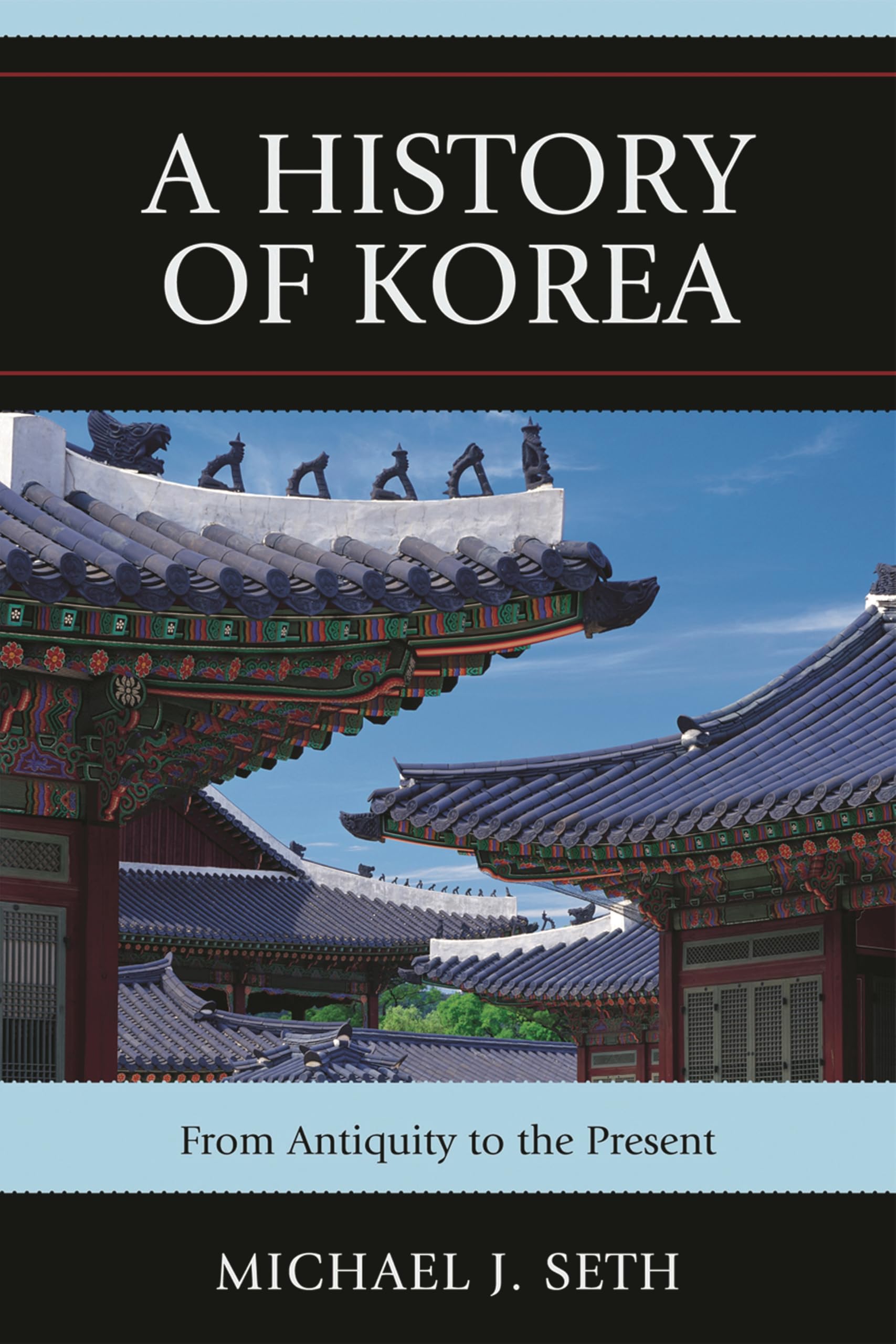A lot of this article rings familiar. I have a relative on my wife's side that works for the second largest shipbuilder in the world, Daewoo Shipbuilding & Marine Engineering (DSME). He went to the top university in Korea for some kind of relevant engineering degree and Daewoo covered his tuition. In exchange he promised to work for them wherever they put him and for about 5 years he ended up at the DSME shipyards in Okpo-dong, Geoje-do [2], just down the road from the Samsung Shipyard and not too terribly far from the shipyard in this story. The sites are so large they dwarf the nearby towns and are clearly visible on Google Maps without even turning on the Satellite view [3]
He had never been to Geoje-do, and he figured, being so far down south, it might have nice beaches or coastal areas like the next largest island (and only a few hours by ferry) Jeju-do -- also known as Korea's "Hawaii". What he found was rugged, rocky beaches and rough local fishermen. Either pushing their craft out to dangerous seas, or blowing off steam in the local bars.
Working as a member of the DSME engineering team, he at least got to work in a modern office building, the company put him up in decent, if spare, housing and he got a discount on a commuter car from sister division/company Daewoo Autos. The nearby towns had pretty good food and the scenery, though rugged was gobsmacking beautiful if you knew where to go.
He snuck me in on a tour of the facility. It has the kind of incomparable size a mountain does suddenly rising out of a flat plain. It looks big, but then you never seem to ever get near it and it just keeps getting bigger and bigger and more massive until your eyes start to resolve tiny people working around the site, too small to see before. I forget the number of ships they put out a year, something on the order of 60 or 70. Or all sizes and configurations: supertankers, cargo vessels, LPG transport, submarines on order. The waters around the island are full of massive ships out on proving runs. [4]
He hated it down there, it was a dull rural life and he was trying to raise a family. In the last couple years of his indenture, he spent time studying to become a patent attorney and wanted to leave DSME, but the company finally relented and brought him back to Seoul to work a more normal life with better pay and seniority. He's now a senior engineer, working on better ways to build ships that keep the world running.
1 - http://www.amazon.com/History-Korea-From-Antiquity-Present/d...
2 - https://en.wikipedia.org/wiki/Okpo-dong
3 - https://www.google.com/maps/place/Ulsan,+South+Korea/@34.894...
4 - https://gcaptain.com/wp-content/uploads/2011/12/DSME.jpg


In ancient Korea it had a different effect and tended to fix certain classes into the "classes from which the bureaucracy could be reliably drawn from". They still had the academies, but it tended to be the same class/castes who attended and passed the exam. In theory it was open, but in practice it worked this way [1].
Some of the preserved academies still exist and are major UNESCO sights. [2]
Modern South Korea still uses an examination system for civil servants [3], but has lost the caste system so in an interesting way has ended up more like the ancient Chinese concept. It tests civics, history, data analysis, etc. and I believe there are different tests for different levels of seniority and are required for promotion. It's common for test takers to have spent several years in dedicated study after university to prepare for the exam [4].
A semi-equivalent might be like a bar exam in other countries.
1 - https://www.amazon.com/History-Korea-Antiquity-Present/dp/07...
2 - https://whc.unesco.org/en/list/1498/
3 - https://en.wikipedia.org/wiki/Republic_of_Korea_public_servi...
4 - https://youtu.be/zt4d_jGLXMY